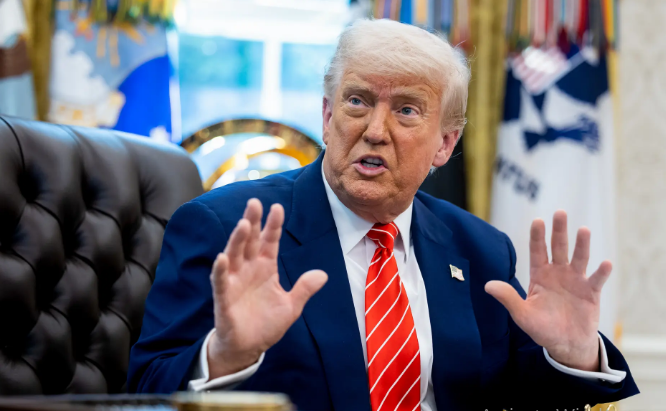The conflict between Iran and Israel took a grave turn overnight as Iranian missiles pounded Israeli cities while Israel launched a sweeping military assault targeting Iran’s nuclear infrastructure. Israeli airstrikes struck key sites in Tehran, including the Ministry of Defense headquarters and facilities linked to the country’s controversial nuclear weapons program.
The Israeli military confirmed that the latest offensive was part of “Operation Rising Lion” and targeted the SPND nuclear project base, a site Israeli officials claim played a central role in advancing Iran’s nuclear ambitions and hiding critical nuclear archives. Prime Minister Benjamin Netanyahu declared the strikes would continue “for as many days as it takes to remove this threat.”
Sirens sounded across Israeli cities overnight, sending millions of residents into shelters. The Israel Defense Forces (IDF) reported at least 13 Israeli fatalities, including three children, while Iran’s government said at least 75 people were killed on its side, with dozens more injured.
Amid the violence, U.S. President Donald Trump issued stern warnings to Iran via his social media platform, Truth Social. He reiterated that the United States had “nothing to do with” Israel’s latest strikes and warned Tehran against retaliating against American interests.
“If we are attacked in any way, shape, or form by Iran, the full strength and might of the U.S. Armed Forces will come down on you at levels never seen before,” Trump wrote. He added that a diplomatic resolution between Iran and Israel remained possible, urging both sides to return to negotiations.
In a follow-up post, Trump recalled brokering trade-based peace initiatives between India and Pakistan, expressing confidence that a similar approach could work in the Middle East. “Iran and Israel should make a deal, and will make a deal… Make the Middle East Great Again,” he declared.
However, diplomatic efforts suffered a major blow as planned nuclear talks between Iran and the U.S. in Muscat, Oman, were called off. Iran’s Foreign Ministry dismissed the negotiations as “meaningless” in light of the latest hostilities.
Iranian President Masoud Pezeshkian warned of a “more severe and powerful” retaliation if Israeli strikes continued, stating that “the continuation of Zionist aggression will be met with force.”
Israeli Defense Minister Israel Katz, meanwhile, intensified rhetoric, vowing that “Tehran will burn” if missile attacks on Israeli cities persist. He said evacuation notices were being issued to residents near weapons production sites in Tehran, accusing the Iranian regime of turning its citizens into “hostages.”
With both nations escalating their military campaigns and rhetoric hardening on all sides, fears are growing that the conflict could widen and draw in additional regional or global powers—an outcome international leaders are racing to prevent.
